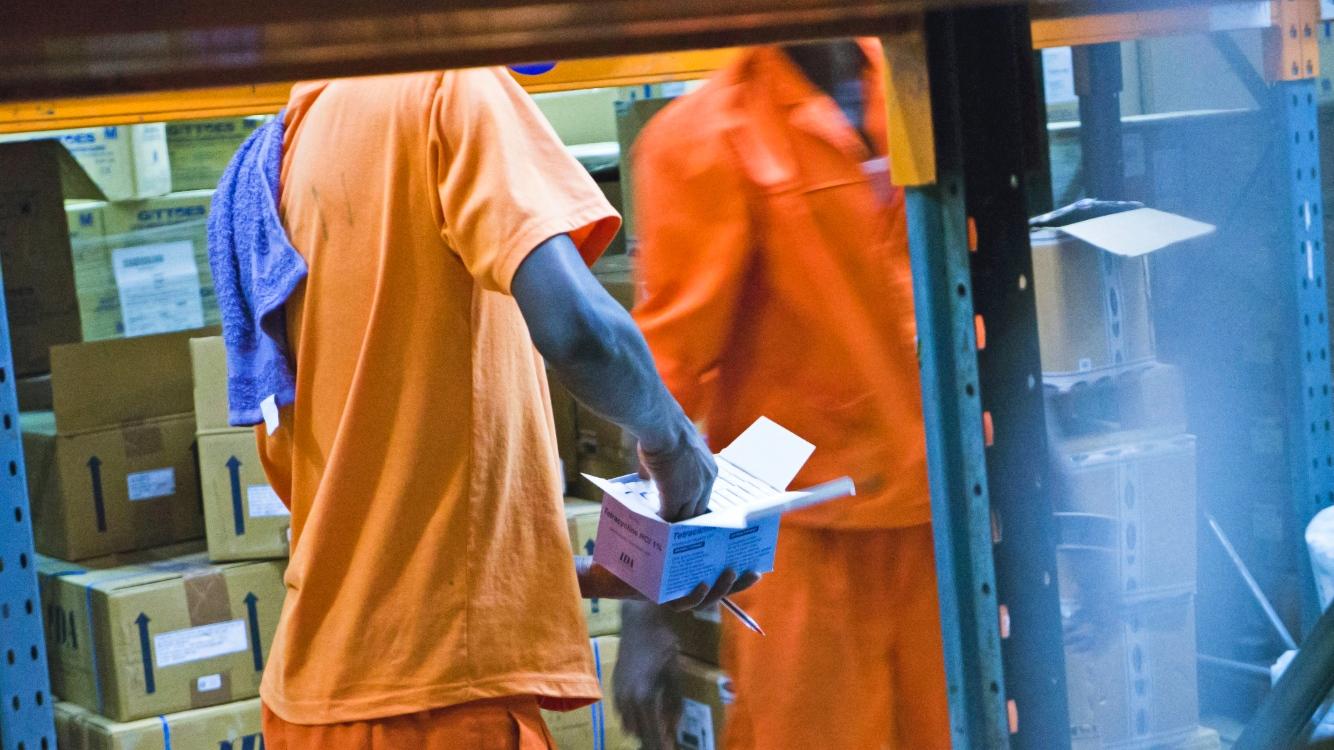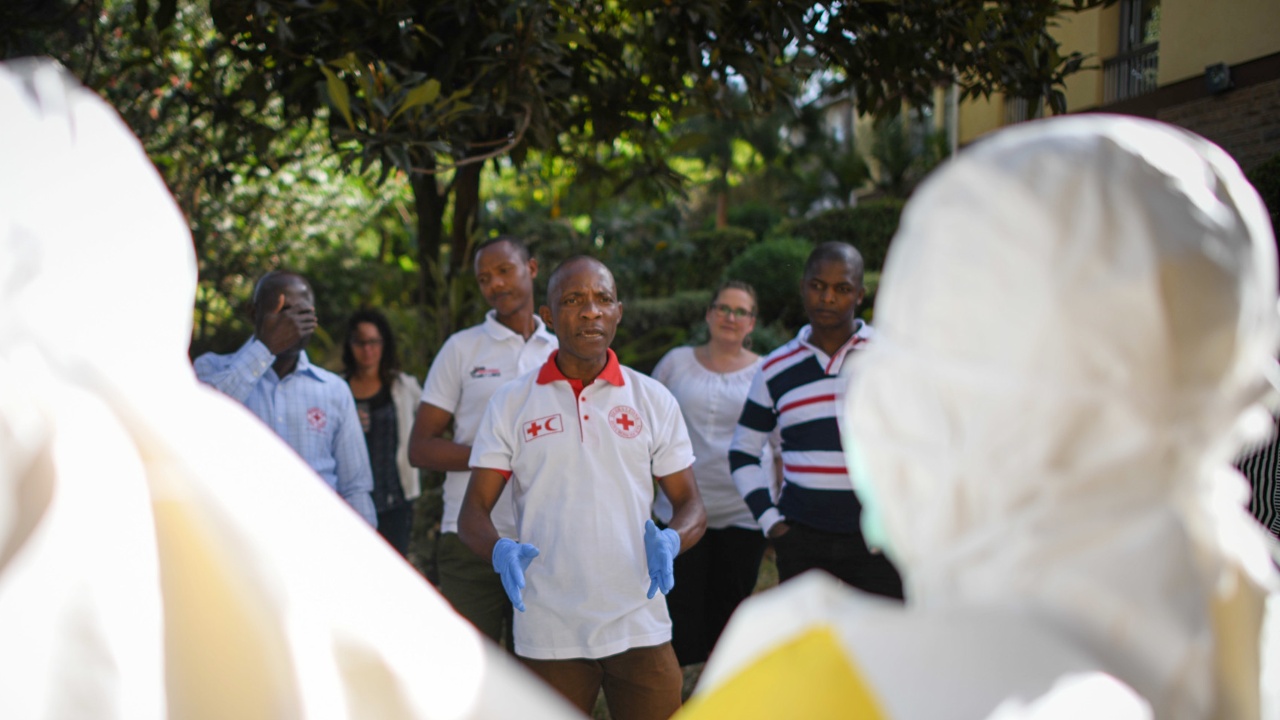LSE’s Jonah Lipton is currently living in Freetown where he is doing his fieldwork. In this post, he reveals the role social media is playing in spreading mixed messages about the Ebola outbreak in the country.
Sierra Leoneans have been struggling to make sense of their country’s Ebola outbreak over the last few months. The Sierra Leonean Ministry of Health and Sanitation has reported 775 confirmed cases so far nationally, although very few of these are in the capital, Freetown, where I am currently based. Since President Koroma declared a “State of Public Health Emergency” on 1 August, Sierra Leone has gone into crisis mode. The army and police have been deployed to seal off roads connecting the epicentres of the outbreak in the East of the country. Places of assembly, such as bars, cinemas and schools are closed countrywide, and commercial transport is running on a limited basis.

While physical gatherings have been restricted, the spread of news, advice and speculation has not slowed down. A lot of this information is circulated on WhatsApp, a very popular smartphone application for sharing photos and messages among personal contacts and groups. It was through a message posted in a WhatsApp group comprised of young people from my neighbourhood that I first became aware of the initial Ebola outbreak in neighbouring Guinea early this year. At the time I passed off the report and disturbing accompanying photos as a hoax. This speaks, in part, to the inseparability of “truth” and “parody” (and many gradients in between) that is so central to WhatsApp’s use. WhatsApp is as much of a forum for spreading jokes, stories, and satire, as it is a genuine vehicle for informing and mobilising, to the extent that the distinctions become blurred and permeable.
For instance, on 9 August, thousands of people across Freetown woke up in the middle of the night to wash themselves with salt water and pray. Most had not intended to perform this ceremony when they went to sleep the previous evening. Rather, they were spontaneously responding to WhatsApp messages and phone calls from friends and relatives. A debate quickly ensued on WhatsApp. Some claimed that the ceremony, which was attributed to a call from the Nigerian prophet T.B. Joshua, was a hoax, a future money-making scheme, or even sacrilegious magic. Others responded that prayer and washing are key to fighting Ebola even if this particular ceremony was not genuine. Regardless of their opinions almost everyone in the group noted that they had performed the ceremony. Beyond the symbolic reference to Ebola prevention through washing, this ceremony reflects a popular sentiment that one’s safety “is in God’s hands”, a perception reinforced by the lack of an available Ebola cure. But this does not necessarily make people passive or fatalistic. For many Sierra Leoneans, participating in prayer has intrinsic value during this time of crisis, especially given the importance of awareness, prevention, and coordinated action in fighting the virus. Even President Koroma has called upon Sierra Leoneans to pray for the nation as churches and mosques continue to function as places of worship.
The mixed messages posted on WhatsApp reflect the multiple and sometimes seemingly contradictory ways that people make sense of Ebola. It is not uncommon in the space of one conversation for someone to deny the existence of Ebola, complain that the government did not contain the disease earlier, and claim that only God has the power to protect. As the dominant topic of conversation in Freetown, “Ebola” can simultaneously act as a vehicle for humour and absurdity; a source of anger and sadness; and a medium for critique and suspicion. One theory is that Ebola is exaggerated, or even fabricated, by the government as a means of siphoning international aid money. Another is that Ebola is a means of draining the country’s resources to prevent meaningful development, perhaps as part of a terrorist plot, or a punishment from God. There is also a widespread rumour that doctors in hospitals are injecting patients with the virus, or, alternatively, are administering a lethal poison to kill those already infected and prevent transmission to medical staff. These rumours, though unsubstantiated, convey a least some level of truth. They reflect people’s genuine experiences of corruption and inequality, suspicions of the government, and legitimate fear of potentially catching Ebola in a hospital itself.
Part of the ability of individuals to adopt varying viewpoints stems from a powerful feeling of disconnect between hyperbolic media representation and lack of experiential evidence in facing the virus. Most Sierra Leoneans are extremely aware that they are at the centre of an international crisis, as the news cycles on BBC, CNN and Al-Jazeera constantly remind them. Yet most people, at least in Freetown, insist that they do not know anyone affected by Ebola. As many point out, Sierra Leoneans suffer in numerous ways that do not receive international attention and relief the way that Ebola has. However, this does not mean that people do not want to be proactive, but more that figuring out how to act, what to think, and who to trust, is not a straightforward or singular process.
Jonah Lipton is a research student in LSE’s Department of Anthropology.





4 Comments